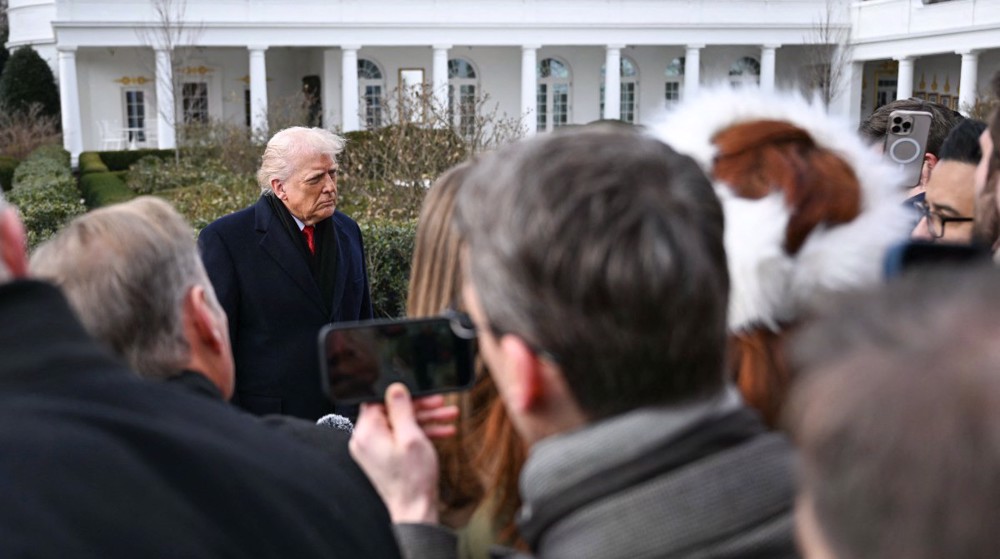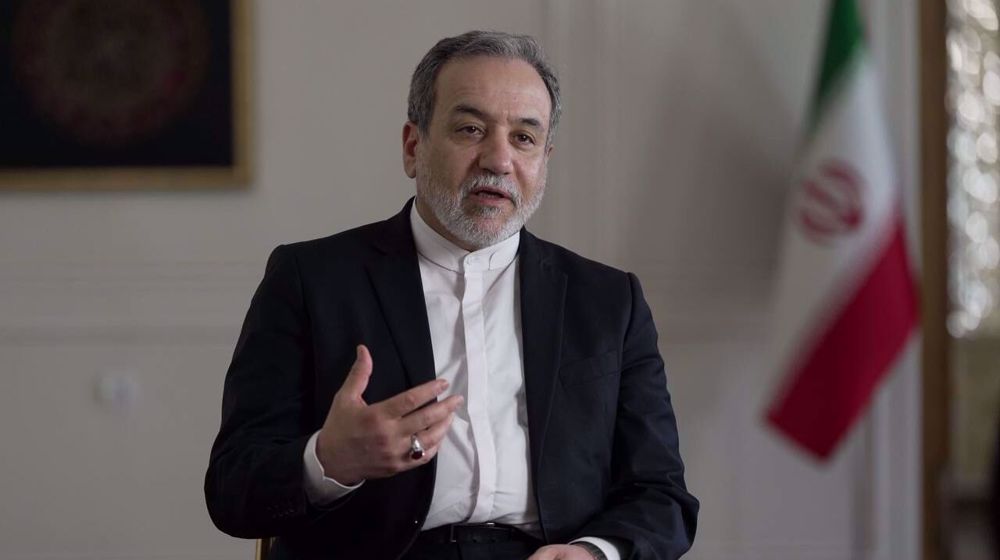Far-right party entry into parliament poses 'big challenge': Merkel
German Chancellor Angela Merkel says the entry into parliament of the far-right party Alternative for Germany (AfD) posed a 'big new challenge," admitting that the election results had not turned out to be as good as she had hoped.
"There's a big new challenge for us, and that is the entry of the AfD in the Bundestag," said Merkel on Sunday after her party won the general elections, adding, "We want to win back AfD voters."
Merkel managed to secure a fourth term in office as her conservative Christian Union (CDU/CSU) bloc won the vote clouded by the rise of far-right.
Exit polls showed that the CDU/CSU bloc scored 33 percent of the vote while the Social Democrats (SPD) came in a distant second, with about 20-21 percent.
That would mean that SPD’s Martin Schulz has effectively failed in his bid to unseat Merkel who has been in power in Germany for more than a decade now.

The vote, however, marked an anticipated but highly detested rise of the anti-Islam, anti-immigration AfD in the German politics. The AfD obtained around 13 percent of the votes, making it the Germany’s third biggest political force.
Following were the liberal Free Democrats with around 10 percent of the vote while the anti-capitalist Left and ecologist Greens both scored nine percent.
Merkel’s victory comes against the backdrop of criticism about her 2015 decision to allow more than a million refugees, mostly people escaping war in the Middle East, into Germany. She defended the decision in the run-up to the election and condemned those harassing refugees for their religion or race. The 63-year-old has ruled Germany since 2005, with many hailing her records in steering Germany to stability in a turbulent time for the world.
Merkel could face challenges in her efforts to form a coalition government as the SPD, partner to Merkel’s conservative bloc in previous administrations, announced after the votes that it would go into the opposition.
“We will take on the opposition mandate,” said SPD deputy chief Manuela Schwesig on Sunday after his party suffered worst post-war results in the election.
Kata’ib Hezbollah asks fighters to prepare for 'war' in support of Iran
Israeli warplanes conduct new aggressions across southern Lebanon
Democrats threaten govt. shutdown after second ICE killing in Minneapolis
MSF to disclose limited list for Gaza staff after Israel revoked its aid licenses
VIDEO | India defies Western push at UN Rights Council on Iran
Cuba's president observes drills, vows high cost for any US aggression
Iran dismisses Nazi-style propaganda on riot death toll
Israel kills more civilians in Gaza amid relentless ceasefire violations











 This makes it easy to access the Press TV website
This makes it easy to access the Press TV website